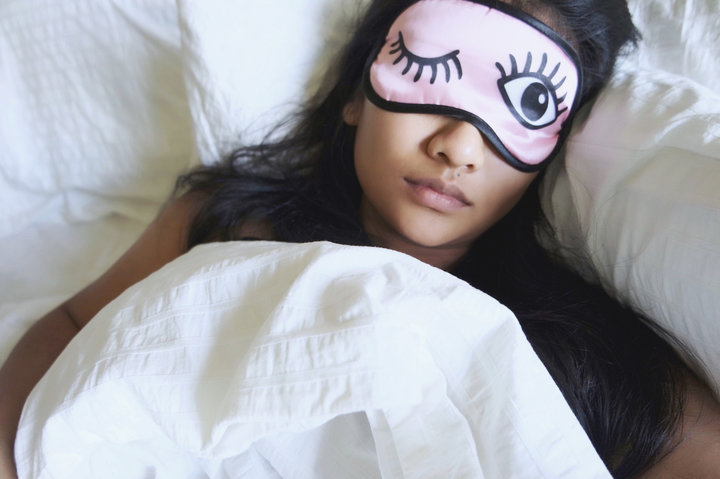Some people seemingly can’t get enough z’s. They might sleep for hours on end and still feel exhausted while others around them are waking up refreshed.
Getting extended hours of shut-eye seems like a gift rather than a curse, but there are some caveats. Sleeping in on a Saturday morning is an indulgence. Regularly sleeping 10 or more hours, however, may be an indication of something serious, especially if you’re still in desperate need of a midday nap.
“Most adults need seven to eight and a half hours of sleep,” Ronald Chervin, director of the Sleep Disorders Center at the University of Michigan, told HuffPost. “But if someone is sleeping unusually large amounts and still feels unrefreshed, that would be a reason to see a sleep physician.”
We asked the experts why some people hit the snooze button a little more regularly than others and what you can do if your unconscious hours are becoming a problem. Here’s what you need to know:
1. Needing more sleep might be built into your DNA
Research suggests genetics may play a role in why some people need those extra hours.
“Some are just predisposed to require more sleep. There’s not much we can do individually about our genetics,” Chervin said. “But we can do things about other factors that control how much we sleep, like regularity of bedtime and rise time.”
Adolescents are also generally prone to sleep longer and have a harder time waking up.
“It’s believed to be associated with a lengthening of inner circadian clocks, which normally control sleep, though habits play a role,” Chervin continued. So if your parents ever gave you a hard time about sleeping in late as a teen, you weren’t entirely at fault for those extra hours.
2. It might be a sign of a sleep disorder
You might be suffering from one of multiple sleep disorders, some of which result in a late start to your day. One is hypersomnia, or “sleep drunkenness,” which is nicknamed for its side effect of disorientation.
“A person with hypersomnia can’t get out of bed and 10 hours is never enough. They can take two- or three-hour naps and still feel the need to sleep,” said Emmanuel H. During, a neurologist and psychiatrist specializing in sleep medicine at Stanford University. “You can develop it at any age and we don’t fully understand its cause.”
A rare neurological disorder called Kleine-Levin syndrome, or “sleeping beauty syndrome,” can also induce an extreme need for sleep.
“They can spend 15 or 20 hours in bed for days or weeks at a time and only get up to use the bathroom or eat,” Chervin said. Research suggests the syndrome affects only one in a million individuals.
3. Your mental health might be a culprit
“Long sleep is one way that depression can manifest itself. A person can sleep more and feel sleepy throughout the day and rest 10 or 11 hours regularly,” During said.
Your guide to taking care of your mind and body so you can take on the world.
Research shows there may be a link between depression and sleep disorders, frequently associated with cases of insomnia and hypersomnia. Certain medications used to treat conditions can also result in a general grogginess and longer sleep. It’s best to consult a doctor if you suspect a medication is the culprit.












